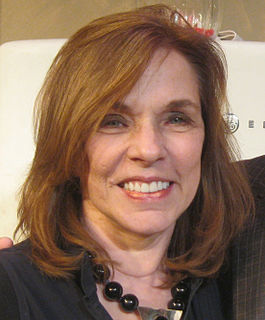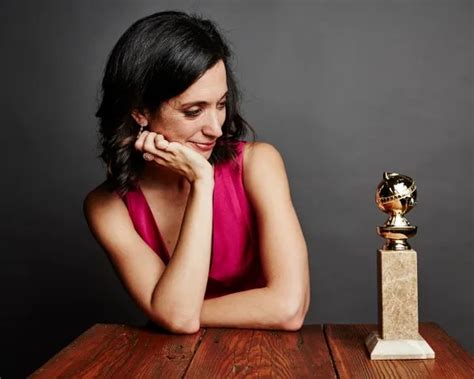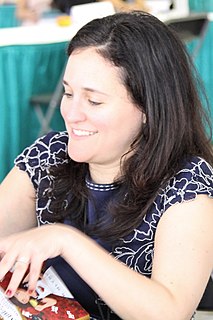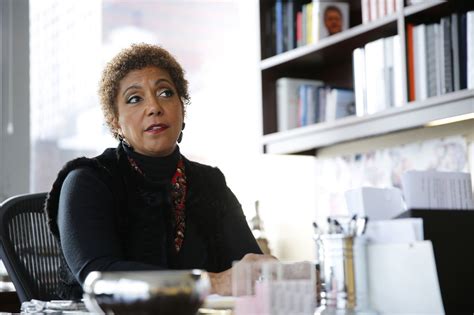A Quote by Marsha Norman
I have had an inordinate and painful concern for the audience in my writing career.
Related Quotes
If you expect to be successful and you expect to raise a family while having a career then you will strive for that; if you strive for it then hopefully you will achieve it. So I think for my own daughter, she's going to grow up with a working mom. One that has had to make some painful choices and face some painful realities.







































